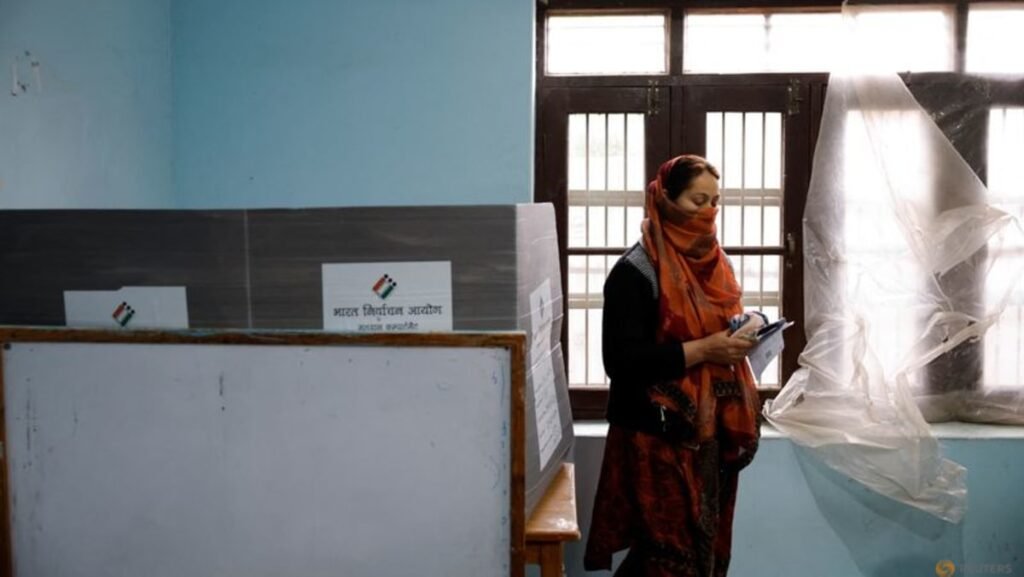India voted on May 13 in the fourth phase of a seven-week-long general election, with campaign rhetoric focused on economic disparities and religious divisions. The election, which began on Apr 19, is being held in seven phases with nearly a billion people eligible to vote, and results set to be announced on Jun 4. Prime Minister Narendra Modi is seeking a rare third term, leading his Hindu nationalist Bharatiya Janata Party (BJP) against an alliance of over two dozen opposition parties, including the main rival Congress.
As voting began, Modi’s aide and the interior affairs minister, Amit Shah, appealed to voters to choose a decisive government. Polling took place for 96 seats in 10 states and territories on Monday, with 177 million people eligible to cast their ballots. The focus was on the southern and eastern states of Telangana, Andhra Pradesh and Odisha, where the BJP is not as strong. Turnout was closely watched as lower numbers in the first three phases raised concerns about voter disinterest, with the impact of hot weather on voting also being a factor.
The lower turnout in the first phases of the election has raised doubts about the BJP winning the predicted landslide victory. Modi changed his campaign strategy after the first phase, shifting focus from his economic record to accusing Congress of planning to extend welfare benefits to minority Muslims at the expense of other disadvantaged groups. Congress denied making such promises and accused Modi of being rattled by the turnout. Surveys suggest that voters are most concerned about unemployment and price rises.
Congress, led by Rahul Gandhi, is pushing for better representation and welfare programs for India’s poor and disadvantaged groups, stating that wealth inequality has worsened during Modi’s tenure. The opposition alliance led by Congress received a boost ahead of Monday’s vote when the Supreme Court granted temporary bail to Arvind Kejriwal, chief minister of Delhi and a key opposition leader. Kejriwal, a vocal critic of Modi, was arrested on corruption charges a month before the elections, sparking allegations of government interference in opposition activities.
India’s population of 1.4 billion includes about 80% Hindus and the world’s third-largest Muslim community of about 200 million people. While the BJP remains strong in many parts of the country, the lower turnout in the early phases of the election has highlighted concerns about voter disinterest and the lack of a central election issue. The campaign has seen a shift in focus from economic issues to accusations of religious favoritism by the ruling party and promises of improved welfare programs by the opposition. With tensions rising and voter turnout being closely monitored, the outcome of the election remains uncertain as the battle between the BJP and the opposition alliance intensifies.











